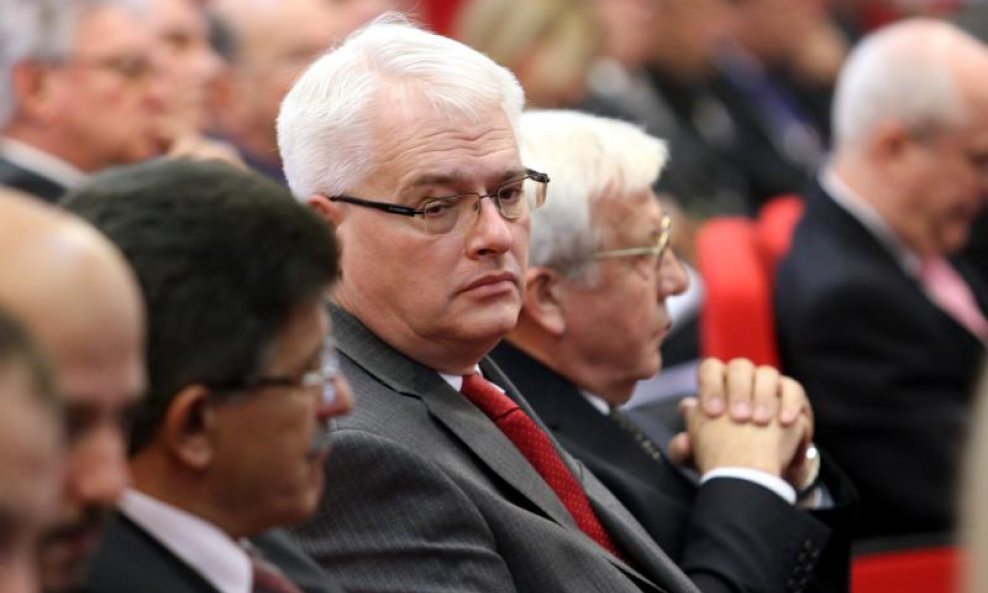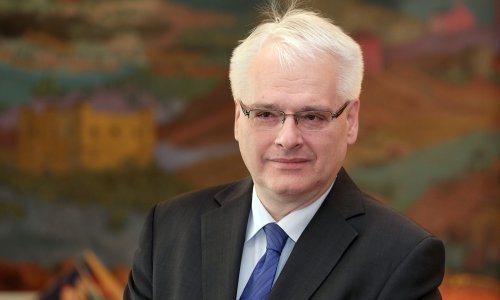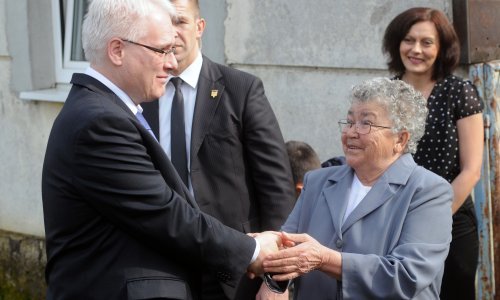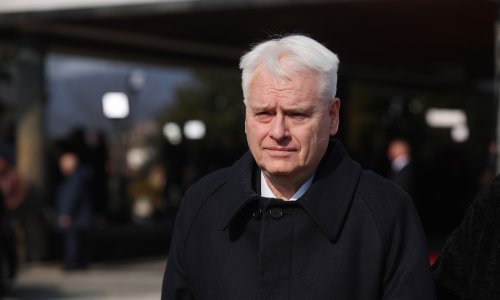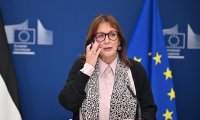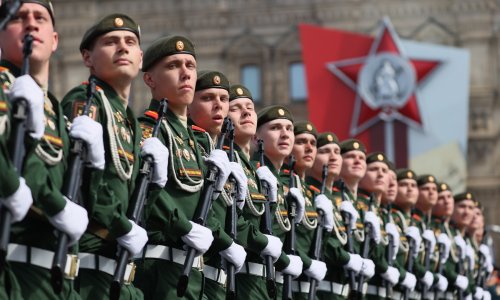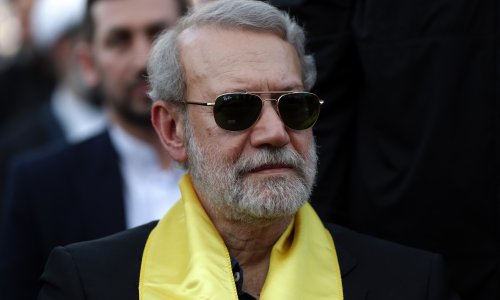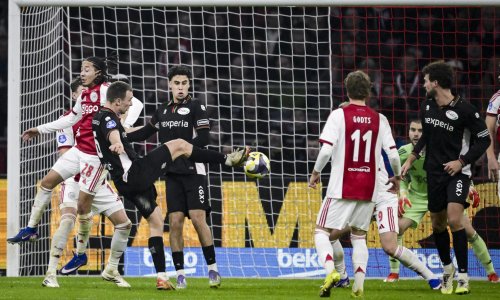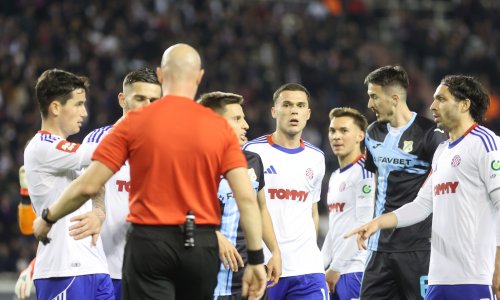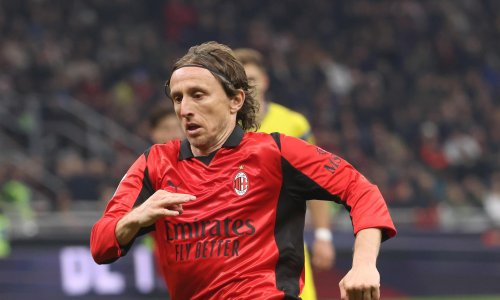President Ivo Josipovic would not comment on Friday on a proposal to impose real estate tax because it was not formulated yet.
Speaking to reporters in Rijeka, he said Croatia needed a more equitable tax system in which those who had more participated more in public needs.
This means that low-income people, even the middle class, would not pay more taxes than they do today, he said.
Josipovic believes the tax system's role should not be only to "shift the burden onto those who are richer" but also to redistribute the burden between the state budget and local governments. This is related to local self-government reform and strengthening local governments in terms of finances should be part of the reform, he said.
Asked about the war profiteering law, Josipovic said it represented only a concretisation of constitutional norm and that it was an implementation law.
Asked if it was absurd that only one conviction for war profiteering was handed down, he said the question was premature, as the law was amended recently and proceedings took time. "I don't know how many such trials there will be, but there certainly won't be only one."
Asked if last week's acquittal of two Croatian generals at the Hague war crimes tribunal had weakened Serbia's political will to settle its genocide lawsuits with Croatia by agreement, Josipovic said too much importance was being given to the lawsuits. As a jurist, I more or less know how the proceedings will end but as president, I can't say it, he added.
While in Rijeka, the president also attended the 385th anniversary of two of the city's high schools, speaking to students about the aspects of Croatia's European Union accession with regard to young people. He said knowledge was the biggest Croatian asset, followed by persistence and ambition.
The EU is not a magic answer to all our problems and success will depend on us, he said, adding that the Croatian people would not be lost in big Europe but have a greater chance to establish itself.
As for fears that young people will leave Croatia, he said that was part of mobility in which one left but also brought back part of the European idea. Coming back depends on our country's success, which I don't doubt, he added.
Asked by a student about the point of their parents' struggle for Croatia's independence in light of the upcoming EU accession, the president said the fear that we would disappoint our ancestors was unjustified.
The alternative to joining the EU is remaining isolated as a small island, reducing ourselves to an unsuccessful small enclave. The decision to join is rational because Croatia already depends on the EU economy and will now be able, even a little, to impact global processes, the president said, adding that Croatia could also leave the EU if it wanted to.



